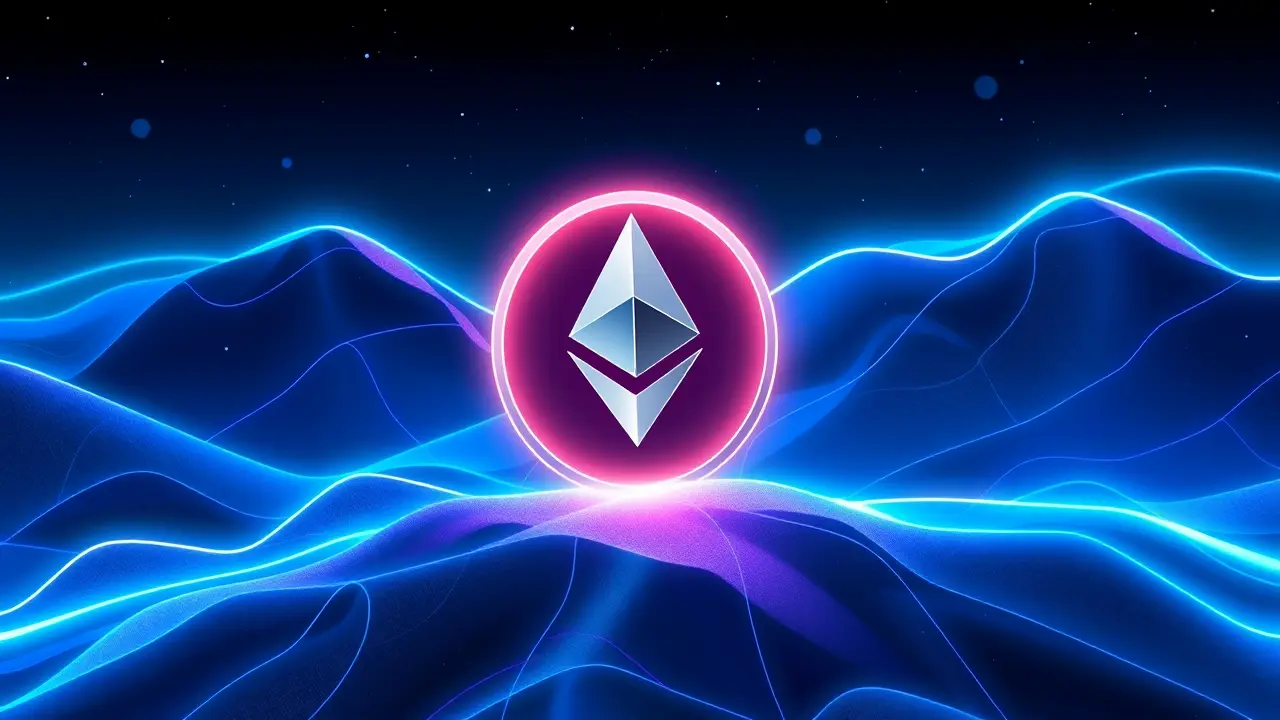SharpLink adds $75 million in Ethereum as treasury holdings rise to nearly 860,000 ETH
In a move that signals profound conviction amidst a turbulent market landscape, SharpLink has strategically deployed an additional $75 million into Ethereum, catapulting its total treasury holdings to a staggering 860,000 ETH. While this colossal reserve is currently valued at approximately $3.5 billion—a figure that has held steady despite Ethereum's recent price depreciation—the acquisition is far more than a simple balance sheet entry; it is a resounding declaration of faith in the foundational technology set to redefine global finance. For those of us who have followed Ethereum's journey from a whitepaper to the world's dominant programmable blockchain, SharpLink's maneuver is a masterclass in long-term strategic positioning.The recent price slide, which might spook short-term speculators, is viewed by seasoned builders as a potential accumulation window, a chance to bolster positions in an asset whose core value proposition is not its spot price but its vibrant ecosystem of decentralized applications, its thriving DeFi sector, and its ongoing transition to a more scalable and sustainable proof-of-stake consensus mechanism via the Merge. This isn't merely buying the dip; it's a calculated bet on the infrastructure of the next internet.Consider the broader context: corporate treasuries have been flirting with digital assets for years, with MicroStrategy's monumental Bitcoin holdings often dominating the headlines. However, SharpLink's aggressive accumulation of ETH represents a nuanced, and arguably more sophisticated, divergence.Bitcoin is digital gold—a pristine collateral and store of value. Ethereum, by contrast, is a dynamic, global supercomputer.Its value is intrinsically linked to its utility. Every transaction on Uniswap, every NFT minted on the Ethereum blockchain, every dollar locked in a Lido staking contract contributes to the network's fundamental health and security.SharpLink isn't just holding an asset; it is aligning its treasury with the growth of an entire digital economy. This $75 million purchase, when contextualized against the backdrop of rising institutional interest in Ethereum-based financial products like spot ETH ETFs, suggests that SharpLink's executives are anticipating a future where their company's liquidity is not just stored on the blockchain but is actively interoperable with it.Imagine a scenario where corporate treasury operations—from lending and borrowing on Aave to participating in decentralized autonomous organization (DAO) governance for projects in which they hold tokens—are conducted seamlessly on-chain. This is the frontier SharpLink is quietly preparing for.The implications are vast. Such a significant concentration of ETH in a single corporate treasury could influence governance votes on critical network upgrades, potentially giving SharpLink a substantial voice in the future direction of the Ethereum protocol.It also raises fascinating questions about risk management and regulatory posture. How does a publicly-traded company account for the volatility? What are their cold storage and multisignature security protocols for safeguarding nearly a million ETH? While the current valuation mirrors that of last month, the underlying asset has undergone significant technological maturation, with layer-2 scaling solutions like Arbitrum and Optimism processing transactions at a fraction of the cost and energy consumption, thereby enhancing Ethereum's long-term viability.In essence, SharpLink's latest move is a powerful testament to a vision championed by Ethereum's co-founder Vitalik Buterin: a world where open, permissionless networks form the bedrock of our economic and social systems. They are not merely spectators but active participants, using their capital to fortify the very platform they believe will power the future. For the crypto-native community, this is a bullish signal that resonates far deeper than any quarterly earnings report; it is the sound of a major player doubling down on the promise of a decentralized world computer.
CR
CryptoCurious3 hours ago
wow that's a massive bet on eth tbh, idk if i'd have the stomach for that with the market so shaky
0
CR
CryptoConfusedCarl3 hours ago
wow they just dropped another 75 mil like it's nothing and i get nervous buying a second coffee lol my portfolio could never
0
CR
CryptoCurious6 hours ago
cool but are we sure its a good idea for a company to have this much control over a network's future idk just feels like we're rebuilding the same power structures we were supposed to escape
0
CR
CryptoCuriousGuy7 hours ago
wow that's a crazy amount of ETH to hold idk if i'd be that brave with the market like this but i guess they see something we dont
0
CR
CryptoCuriousGuy9 hours ago
wait so they just bought another 75 mil while the price is down? that's either genius or they know something we don't
0
© 2025 Outpoll Service LTD. All rights reserved.
